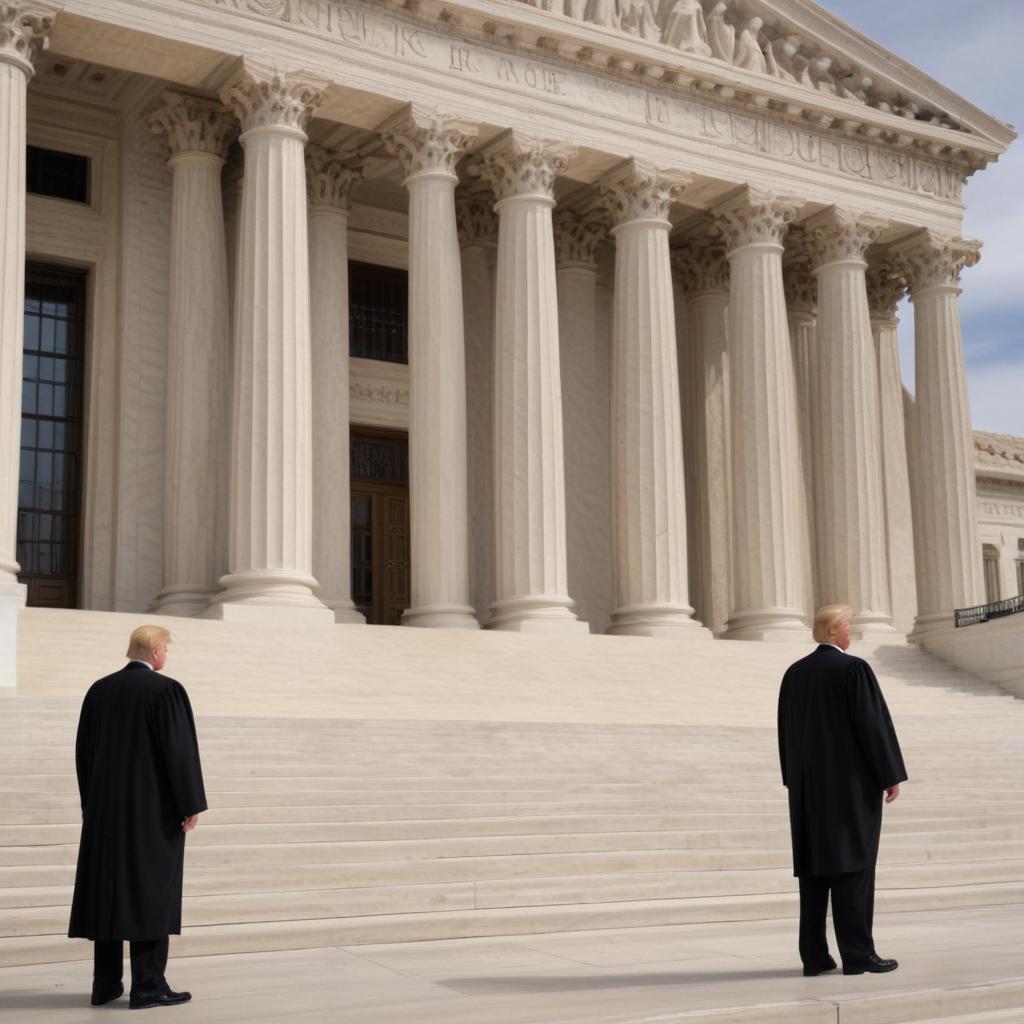The Supreme Court's decision in Trump v. Casa limits nationwide injunctions, empowering Trump's illegal actions and potentially undermining the rule of law.
Since Donald Trump's return to power, federal district court judges have issued over 190 orders blocking his actions deemed illegal. However, the Supreme Court's 6-3 decision in Trump v. Casa significantly curtails the power of district judges to issue nationwide injunctions against presidential actions. Now, injunctions will generally only apply to the plaintiffs in a lawsuit, unless it's the only way to ensure complete relief. This ruling is seen as a major victory for Trump, allowing him to continue potentially illegal policies in most states even if a court rules against him in one. Justice Sotomayor's dissent accuses the court of "complicity" with Trump's actions and warns of an existential threat to the rule of law. Critics argue this decision hampers checks on Trump's power and enables further illegal actions. Other recent Supreme Court decisions, such as those regarding immigrant deportations and the reinstatement of a fired National Labor Relations Board member, further illustrate a pattern of rulings favoring Trump and potentially weakening checks and balances. The concern is that the court prioritizes the perceived overreach of district court judges over the president's potentially authoritarian actions and disregard for the law.



